Axon's Automotive Anorak – Looking For A Top Investment? Buy Porsche... Or Mitsubishi!
If you were fortunate enough to have a some spare cash to invest six or seven years ago, would you have been better off ploughing your hard-earned money into stock and shares, an ISA, property, art, vintage wine or a classic car?

Between 2009 and now, an average ISA will have seen around 13 percent growth, with the stock market performing marginally worse at c.+7 percent. The average property will have gained more, with wine and art varying, according to what it is. With the benefit of hindsight though, investing in a classic car, or more importantly the right classic car, will have proven to be by far the wisest place to invest your cash.
As we move out of recession and austerity, house prices are once more climbing to eye-watering levels again, but property still has some to go to catch-up and keep pace with the elevated values of classic cars over the past few years.
Forget the unobtainable Monopoly prices of certain limited production 1950s and 60s Ferraris, Jaguar D-Types, Ford GT40s, McLaren F1s, and so on, and let’s concentrate on the more realistic and commonplace classic cars that in theory we should all be able to aspire to.
Various carefully compiled specialist old car value websites and price guides, such K500.com and Adolfo Orsi’s annual Classic Car Auction Yearbook tend to focus on the top end of the market, with valuations based largely around auction sales price records over the last few years.

Conversely, a German publication - Oldtimer Markt-Preise – annually compiles the values of more ‘ordinary’ mainstream pre- and post-war cars, ranging from microcars and cheap hatchbacks, right up to legendary sports roadsters and supercars.
Below is a list of the Top 50 classic vehicles that have seen the greatest ‘real world’ value growth since 2009 that I have compiled using the Markt-Preise data, with a few surprising results. For example, four of the top five highest value gains over the last seven years are Porsche models, with the original and rare 1967 911 Targa enjoying the greatest value climb of a staggering 900 percent!
Who would have thought that the bland, forgettable Mitsubishi Tredia would have gained in value by 600 percent though? In truth, you are probably struggling to even remember what a Tredia looks like, as this dreary four-door saloon failed to make any impact on the new car market when it was originally launched back in 1982. That’s probably why its value has grown so much though. It was worth very little in 2009, and now, with so examples few left, if you really want one (and why would you?) you will have to pay a few quid if you can find one. As a test, I researched on-line to try and find a used Tredia for sale right across the UK and Europe, and failed to find a single one.
Early Japanese cars generally seem to be finding favour currently as ironic 1970s and 80s ‘chic’, judging by the huge percentage growth in values, even if these values are still quite low. A surprising 10 percent of the highest value growths in the Top 50 below are Mitsubishi models, for example, with other humble Japanese ‘classics’, such as the first-generation Mazda 323 and Honda Civic, also enjoying large value increases.

Ordinary cars that used to litter our roads, but have now all but disappeared, such as the Fiat Uno 45 (+267%), Citroen CX Estate (+324%), early Renault Espace (+260%) and Mark I VW Golf LS (not GTi) have seen incredible value growth since 2009, when these were still quite plentiful on our streets. The price of an immaculate Golf 1.5 LS, for example, has increased by 300% per cent over the last seven years, whereas a Mark I Golf GTi value has only grown by 87%, as collectors save these, but ignore the more standard, basic models. The same goes for an ‘ordinary’ two-door BMW 318i (E30), which has climbed +336%, whilst the same generation M3 has only grown 256%.
A few other random cars in the Top 50 value gainers since 2009 include the BMW M1 (+492%), the Ferrari 330 GTC (+445%), Ferrari 288 GTO (415%), early Porsche 356 A 1500 GS Coupe (+480%), the rare (347 built) Opel Diplomat V8 Coupe (+436%), CD Panhard Coach coupe (+254%), Maserati Mexico 4.2 (+300%) and Fiat Dino Spider (+247%).
By way of contrast, the bottom 25 cars that have seen the greatest drop in values since 2009, admittedly when a number of the models listed were still quite new, include the Vauxhall Calibra (-40%), Audi Cabriolet (-25%), Jaguar XJ40 (-35%) and early diesel Land Rover Discovery (-42%).
A diesel engine seems to impact negatively on value, dropping more than the equivalent petrol-engined model, but few will be surprised to learn that the Lada Samara topping the list of the greatest value declines for classic cars, with a 50% drop. The Lotus Seven Series 4 (-30%), Austin Seven Chummy (-27%), Bentley Eight (-26%) and Panther De Ville (-21%) are rather more surprising though.
Images courtesy of Porsche, Mazda and 'Riley' licenced under CC BY 2.0
Porsche
911
Mitsubishi
Axon's Automotive Anorak































































